Kathmandu-Software engineering AI era questions challenge traditional assumptions about programming education and career security. As we navigate the software engineering AI era, many wonder whether studying programming remains relevant when artificial intelligence can generate code from natural language instructions. This comprehensive analysis of the software engineering AI era reveals why programming education is more crucial than ever, despite AI’s growing capabilities.
At the beginning of the new century, when I started studying software engineering, one of my professors said that in the future, every job would involve programming. This was around 2001. He told us we had a “secure employment golden ticket.” However, just last month, GitHub’s CEO stated that the future of programming is “natural language.” This suggests that my professor’s early 21st century prediction is proving correct, but not in the way he originally envisioned.
How AI is Transforming the Software Engineering AI Era
Current AI Programming Capabilities
The software engineering AI era has introduced remarkable AI tools that can write code through natural language prompts:
AI Programming Tools:
- GitHub Copilot: Completes code and fixes bugs automatically
- ChatGPT: Creates complete projects within seconds
- Various AI Assistants: Available to anyone with internet access
- Code Generation: Thousands of lines produced instantly
Real-World AI Performance: During a recent experiment, I asked ChatGPT to create a Tinder-like dating app in Python. Within seconds, it produced a complete application including user profiles, swiping logic, and sample database – demonstrating the impressive capabilities defining the software engineering AI era.
AI Limitations in the Software Engineering AI Era
Despite remarkable capabilities, the software engineering AI era reveals significant AI limitations:
Fundamental AI Constraints:
- Context Understanding: AI doesn’t understand the “why” behind requested tasks
- Real-World Application: Requires human input for practical scenarios
- Business Priority: Cannot effectively prioritize long-term business goals
- Accuracy Issues: Provides misleading information and incorrect answers
- Strategic Thinking: Limited capability for complex decision-making
Current Usage Statistics:
- 55% of developers now use AI coding assistants like Copilot
- Only 30% accept AI-generated results without modifications
- 70% require modifications before implementing AI suggestions
This data illustrates that while the software engineering AI era has introduced powerful tools, human oversight and expertise remain essential.
Software Engineers’ Evolving Role in AI Era
Beyond Code Writing: Strategic Thinking
The software engineering AI era redefines the programmer’s role from code writer to strategic orchestrator:
Traditional vs. Modern Software Engineering:
- Past Focus: Writing syntax and debugging code
- AI Era Focus: System architecture and strategic problem-solving
- New Responsibilities: AI collaboration and ethical technology development
- Enhanced Skills: Cross-functional communication and leadership
Software Engineering as Orchestration: Think of AI as a talented junior developer on your team who can execute tasks quickly and efficiently. However, strategic thinking, result validation, and ensuring our creations benefit society remain fundamentally human responsibilities.
The “Golden Ticket” Evolution
The software engineering AI era hasn’t eliminated the “golden ticket” of job security – it has multiplied it:
Why Software Engineers Remain Essential:
- AI Understanding: Deep comprehension of AI capabilities and limitations
- System Architecture: Ability to design scalable, reliable, maintainable systems
- AI Integration: Skills in model fine-tuning and performance optimization
- Future Building: Creating the next generation of AI systems
- Ethical Oversight: Ensuring responsible AI development and deployment
Current State of Software Engineering AI Era
AI as Collaborative Partner
The software engineering AI era positions AI as a collaborative tool rather than replacement:
Effective AI Collaboration:
- Strategic Input: Humans provide direction and context
- AI Execution: Rapid implementation of defined solutions
- Human Validation: Quality assurance and strategic alignment
- Continuous Learning: Adaptation to changing requirements and technologies
Large Language Model Integration: Current AI systems based on Large Language Models (LLMs) excel when given clear instructions but require human strategic thinking for optimal results.
Democratization of Technical Skills
The software engineering AI era democratizes complex technical tasks:
Expanded Access:
- Designers: Can create app prototypes through prompts
- Marketers: Perform data analysis without coding knowledge
- Non-Technical Users: Build simple applications and features
- Broader Participation: More people can engage with technology creation
However, this democratization doesn’t eliminate the need for software engineers – it emphasizes their role in creating production-ready, scalable solutions.
Why Software Engineering Education Remains Critical
8 Essential Focus Areas for Students
The software engineering AI era requires students to develop comprehensive skills beyond basic coding:
1. Master the Foundations
Core Technical Skills:
- Data Structures: Fundamental organizing principles for information
- Algorithms: Problem-solving methodologies and optimization
- Programming Concepts: Object-oriented design, functional programming
- System Fundamentals: Operating systems, networks, databases
These foundational elements remain crucial because they provide the conceptual framework for understanding and directing AI tools effectively.
2. Think Like a System Architect
Strategic Design Skills:
- Scalable Systems: Architecture that grows with demand
- Reliability Engineering: Building robust, fault-tolerant systems
- Performance Optimization: Efficient resource utilization
- Security Integration: Protecting systems and user data
The software engineering AI era demands engineers who can envision and design complex systems that AI can help implement.
3. Become Full Stack
Comprehensive Technical Knowledge:
- Frontend Development: User interface and experience design
- Backend Systems: Server architecture and database management
- DevOps Practices: Deployment, monitoring, and maintenance
- Cloud Platforms: Modern infrastructure and scaling solutions
The days of narrow specialization are ending in the software engineering AI era – tomorrow’s engineers need broad technical competency.
4. Develop Cross-Disciplinary Knowledge
Interdisciplinary Skills:
- Design Thinking: User-centered problem-solving approaches
- Product Management: Understanding business requirements and priorities
- Data Science: Analytics and machine learning fundamentals
- Project Management: Coordination and delivery methodologies
The software engineering AI era requires engineers who can work across traditional boundaries and communicate with diverse teams.
5. Practice Communication and Collaboration
Soft Skill Development:
- Team Projects: Collaborative problem-solving experience
- Technical Communication: Explaining complex concepts clearly
- Stakeholder Management: Working with non-technical team members
- Leadership Skills: Guiding both human and AI team members
In the software engineering AI era, the ability to explain, connect, and collaborate becomes more valuable than coding speed alone.
6. Embrace AI as Creative Partner
AI Integration Skills:
- Large Language Models: Understanding capabilities and limitations
- Generative AI: Leveraging AI for creative problem-solving
- Model Fine-Tuning: Customizing AI for specific applications
- Prompt Engineering: Effective communication with AI systems
Rather than fearing AI, software engineering AI era professionals must learn to work alongside artificial intelligence effectively.
7. Commit to Continuous Learning
Adaptability and Growth:
- Learning Methodologies: Developing efficient skill acquisition
- Technology Trends: Staying current with rapid changes
- Principle-Based Thinking: Understanding enduring concepts beyond specific tools
- Skill Transfer: Applying knowledge across different domains and technologies
The software engineering AI era rewards those who can adapt quickly while maintaining deep understanding of fundamental principles.
8. Develop Leadership Vision
Future-Oriented Skills:
- Problem Definition: Identifying meaningful challenges to solve
- Vision Creation: Imagining beneficial technological futures
- Team Leadership: Guiding diverse, multi-disciplinary teams
- Ethical Decision-Making: Ensuring technology serves humanity positively
The Future Belongs to Deep Thinkers
Software Engineering AI Era Leadership
The software engineering AI era creates new categories of technology leaders:
Modern Software Engineer Roles:
- Visionaries: Define meaningful problems worth solving
- Bridge-Builders: Connect tools, teams, and disciplines
- Leaders: Guide both human and AI team members
- Architects: Design systems that leverage AI capabilities effectively
Success Factors: The future belongs not to the fastest coders, but to those who think deeply, adapt quickly, and collaborate effectively. These individuals don’t just predict the future – they build it.
Beyond Programming: Creating Intelligence
The software engineering AI era positions engineers as creators of the next generation of intelligence:
AI Development Cycle:
- Training: How we teach AI systems today
- Guidance: Providing direction and constraints
- Supervision: Ensuring ethical and beneficial outcomes
- Integration: Embedding AI into useful applications
How we train, guide, and supervise AI today will define the systems, technologies, and society we build tomorrow.
Practical Implications for Career Planning
Industry Transformation
The software engineering AI era brings both challenges and opportunities:
Market Changes:
- Increased Efficiency: AI handles routine coding tasks
- Higher Expectations: Greater focus on strategic thinking and architecture
- New Specializations: AI ethics, human-AI collaboration, system integration
- Expanded Opportunities: More complex problems become solvable
Career Preparation:
- Technical Depth: Master fundamental concepts and principles
- Strategic Thinking: Develop problem-solving and system design skills
- Communication: Build ability to work with diverse teams and stakeholders
- Adaptability: Cultivate continuous learning and adaptation capabilities
Educational Institution Response
The software engineering AI era requires educational institutions to evolve their curricula:
Curriculum Evolution:
- Foundation First: Strong emphasis on computer science fundamentals
- AI Integration: Teaching AI collaboration as core skill
- Project-Based Learning: Real-world problem-solving experience
- Interdisciplinary Approach: Connections with other fields and domains
Student Preparation: Students must understand that the software engineering AI era rewards those who can think systematically, communicate effectively, and lead both human and artificial intelligence toward beneficial outcomes.
Long-term Outlook for Software Engineering AI Era
Technology Integration Trends
The software engineering AI era will see deeper integration of AI across all technology domains:
Integration Areas:
- Development Tools: AI-powered IDEs and debugging assistants
- Testing and Quality Assurance: Automated testing and validation
- Deployment and Operations: Intelligent system monitoring and optimization
- User Experience: AI-enhanced interfaces and interactions
Human Role Evolution: As AI handles more routine tasks, software engineers become strategic orchestrators, ensuring that technology serves human needs effectively and ethically.
Societal Impact Considerations
The software engineering AI era brings significant societal responsibilities:
Ethical Considerations:
- AI Bias Prevention: Ensuring fair and equitable AI systems
- Privacy Protection: Safeguarding user data and personal information
- Economic Impact: Managing job displacement and creation
- Democratic Values: Preserving human agency and choice
Software engineers in the AI era must consider not just what they can build, but what they should build for the benefit of humanity.
For comprehensive insights into emerging technology careers and AI integration strategies, visit our technology careers section for expert analysis and guidance.
For official information about software engineering education and AI collaboration, consult the Association for Computing Machinery for authoritative resources and standards.
The software engineering AI era doesn’t eliminate the need for programming education – it transforms it into something more strategic, collaborative, and impactful, requiring engineers who can think deeply, adapt quickly, and lead both human and artificial intelligence toward beneficial outcomes.


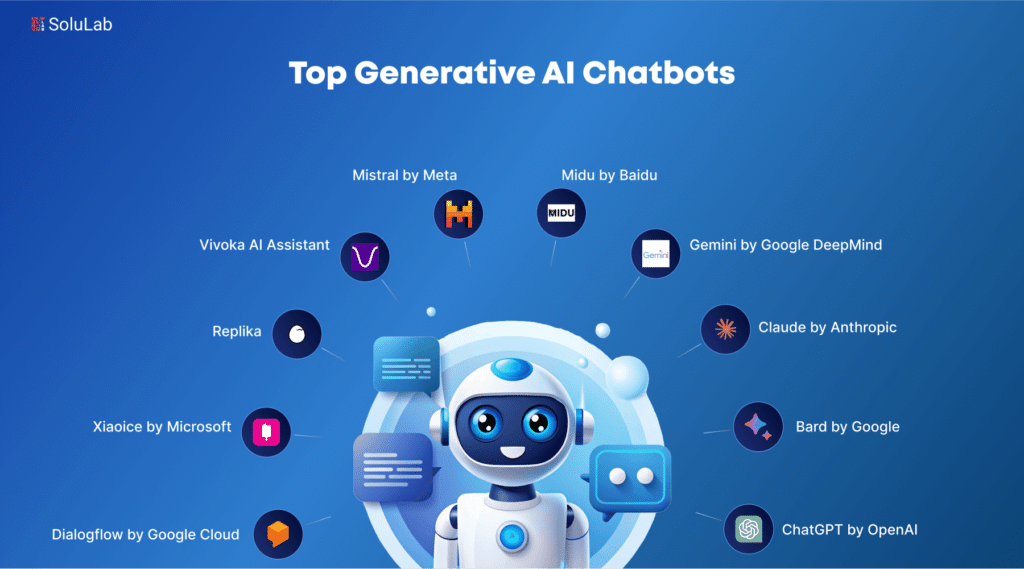





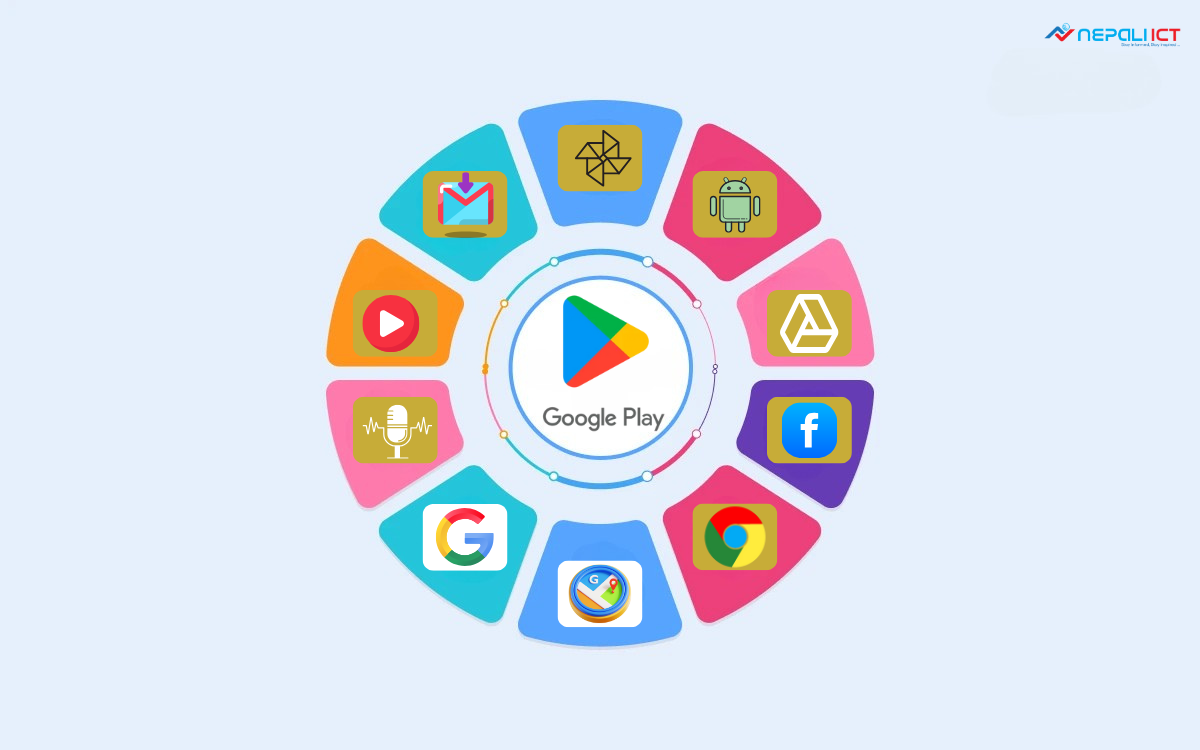
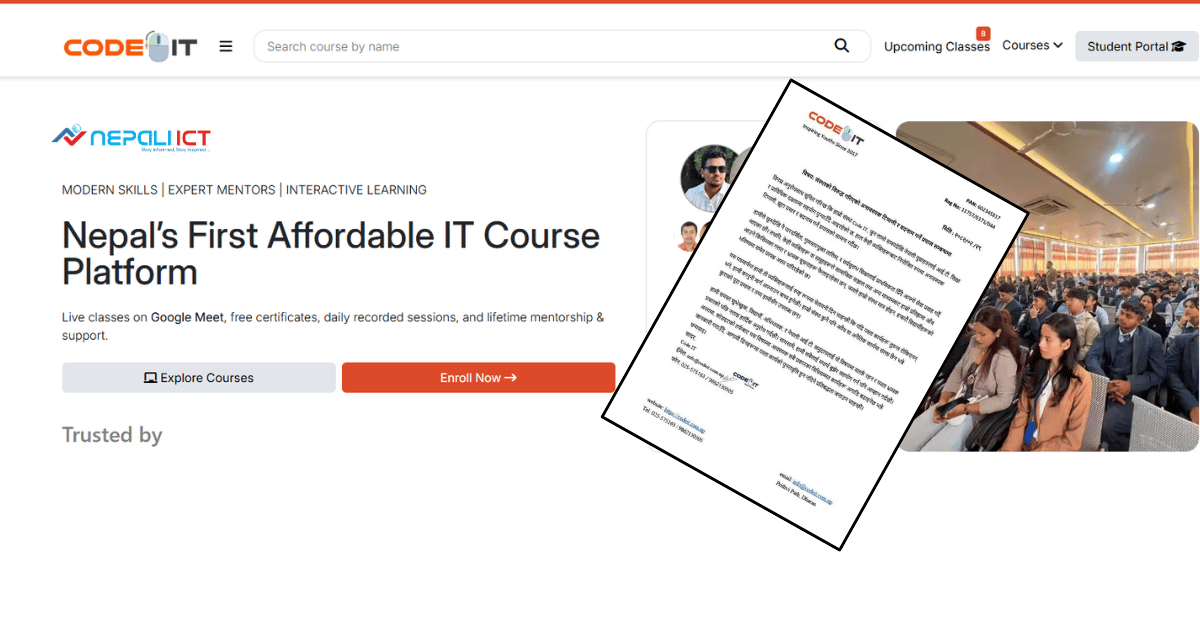
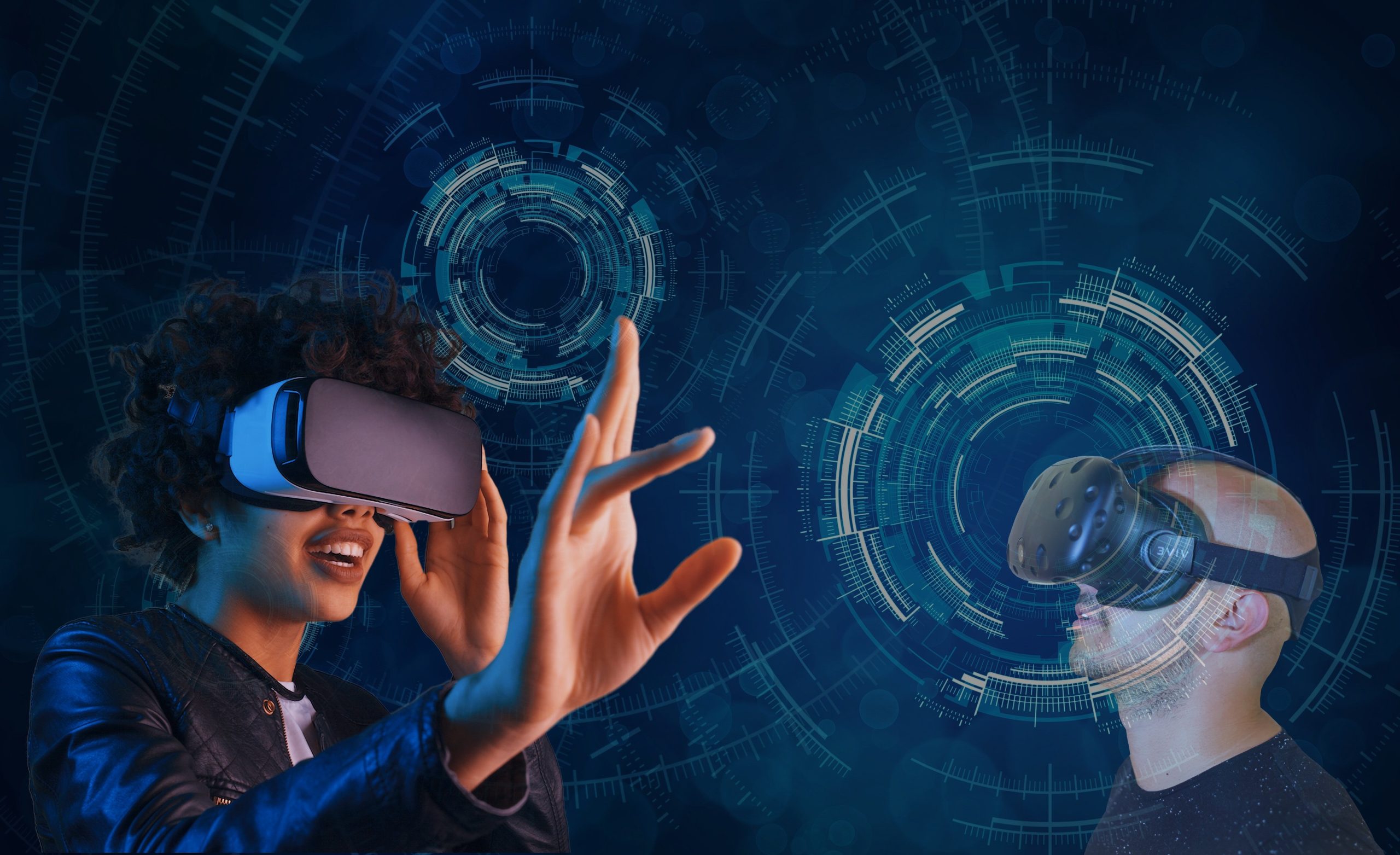
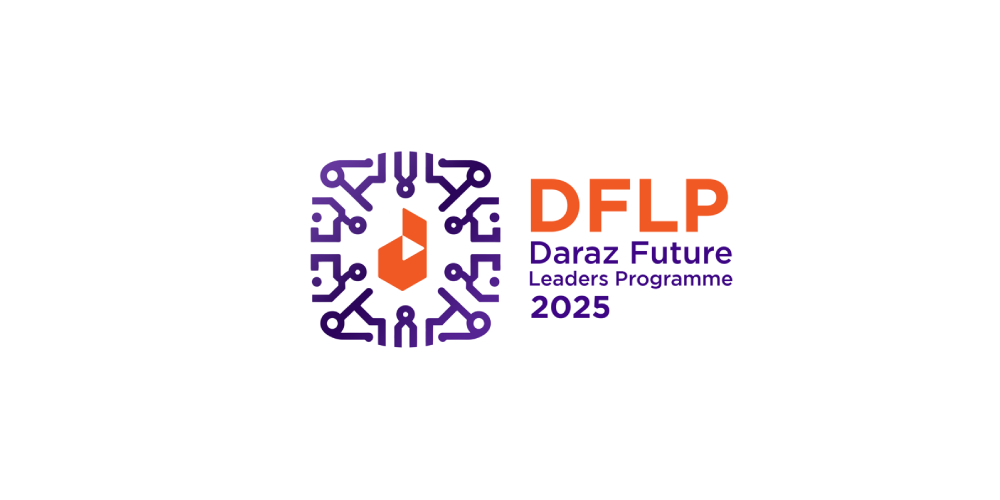
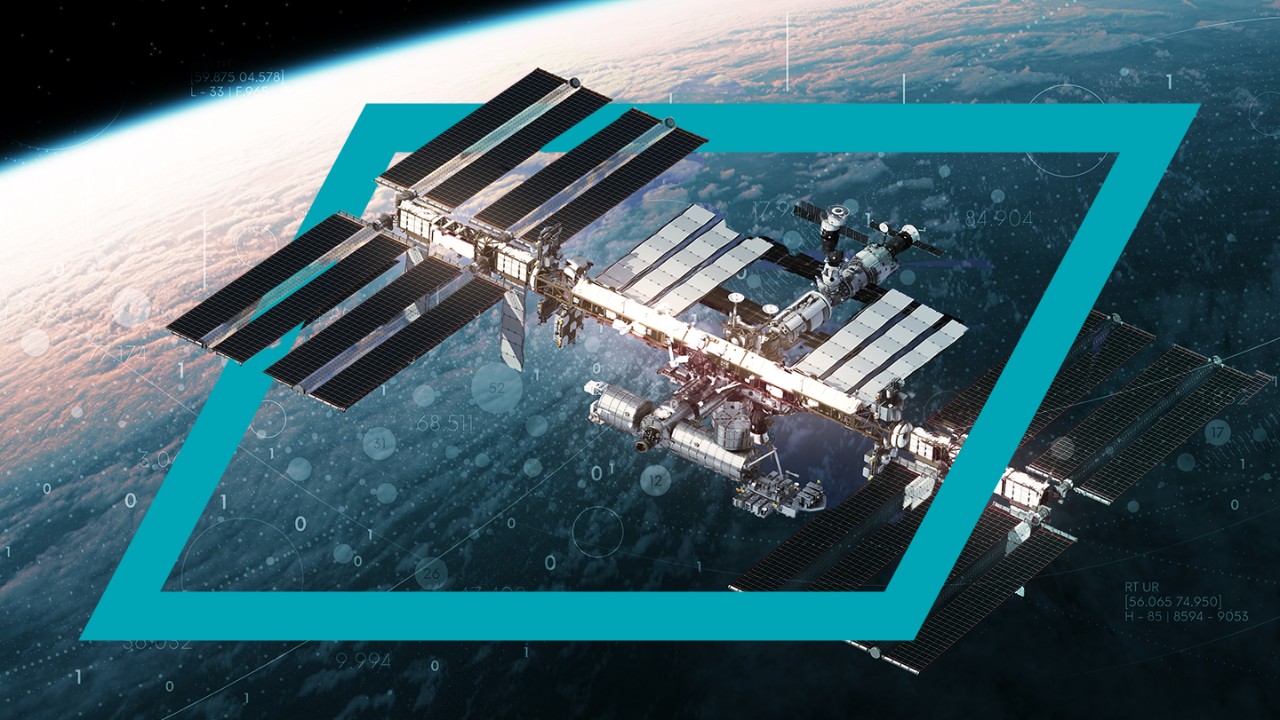

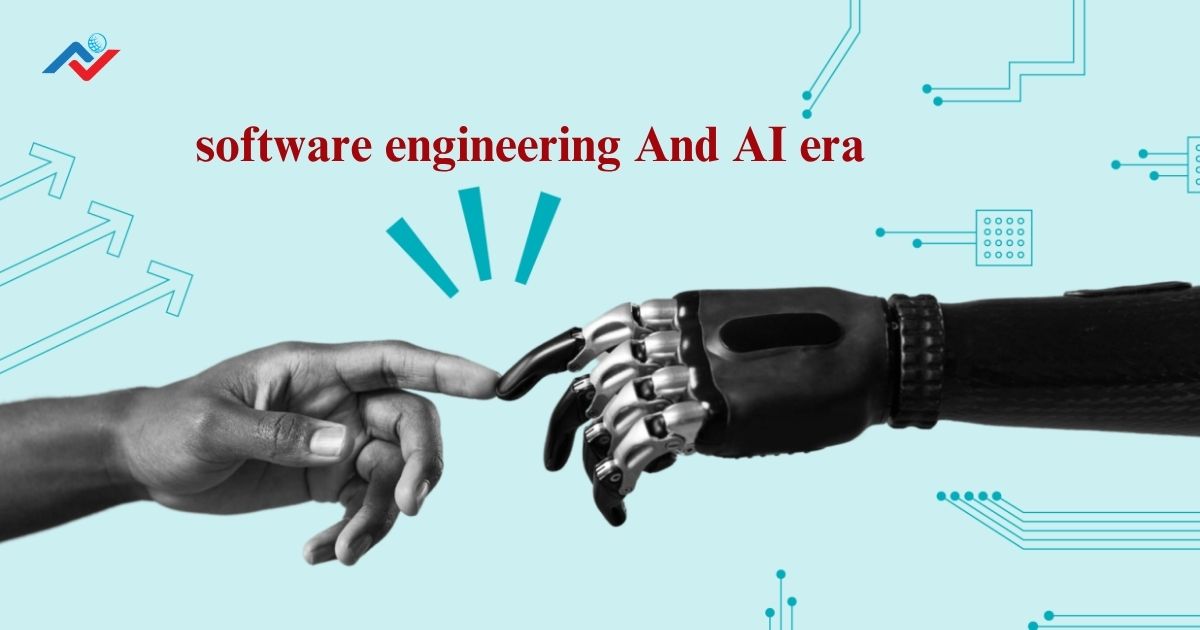








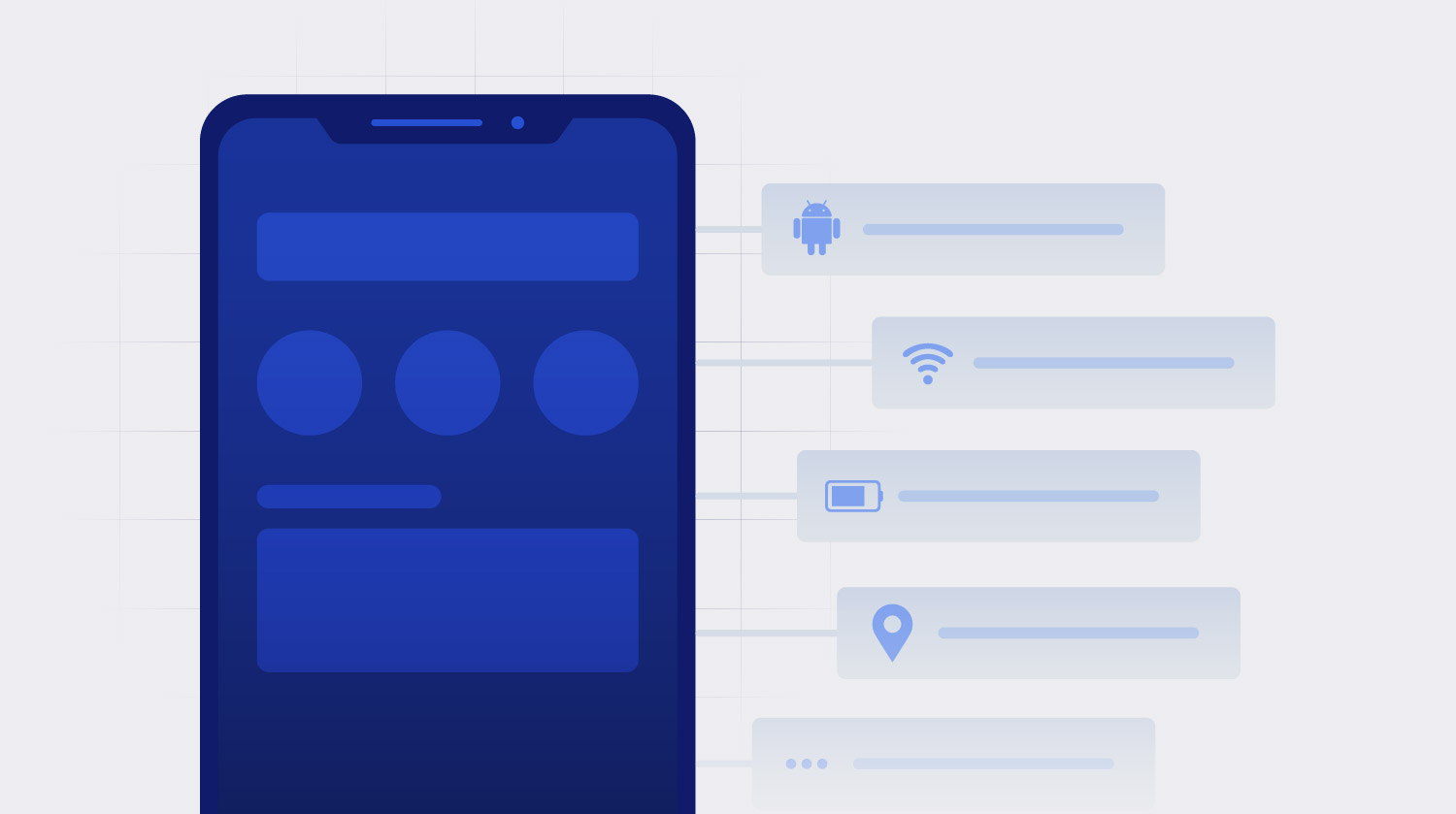

Comments